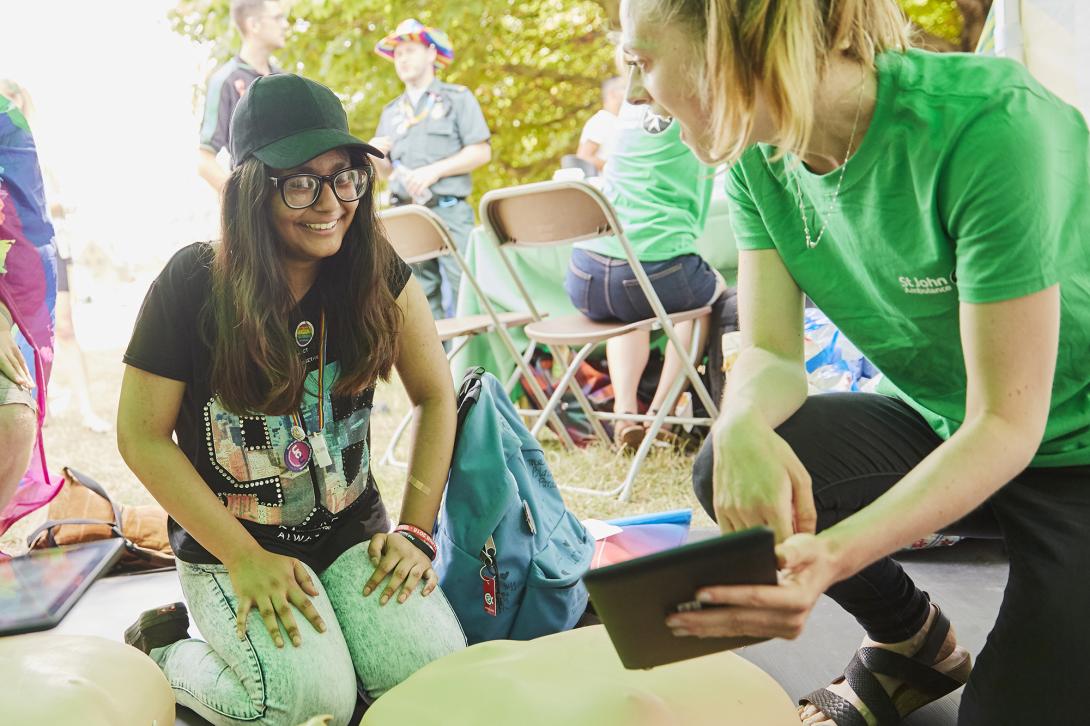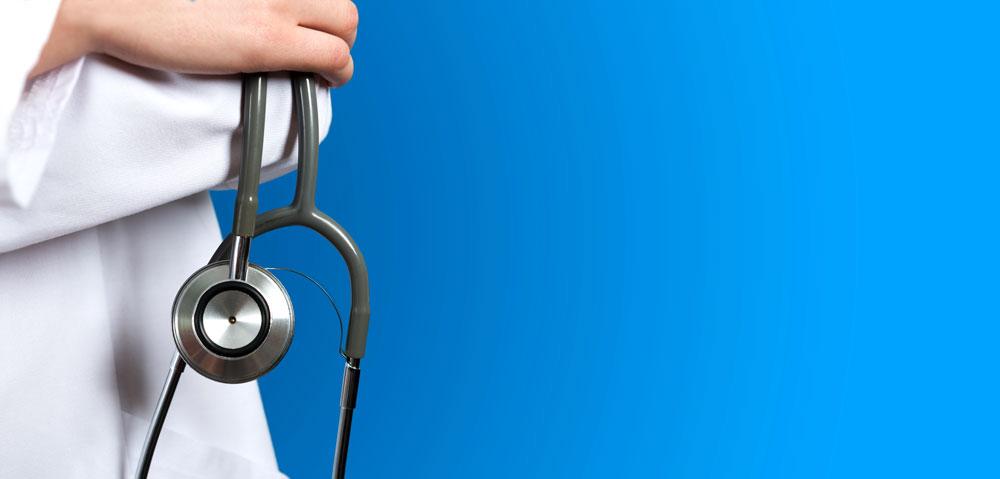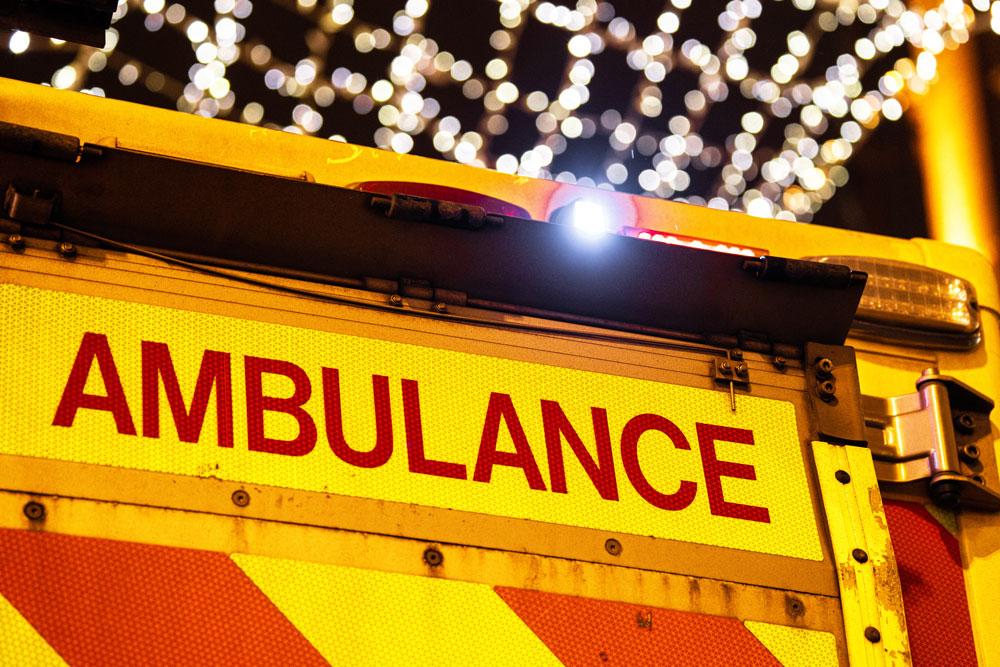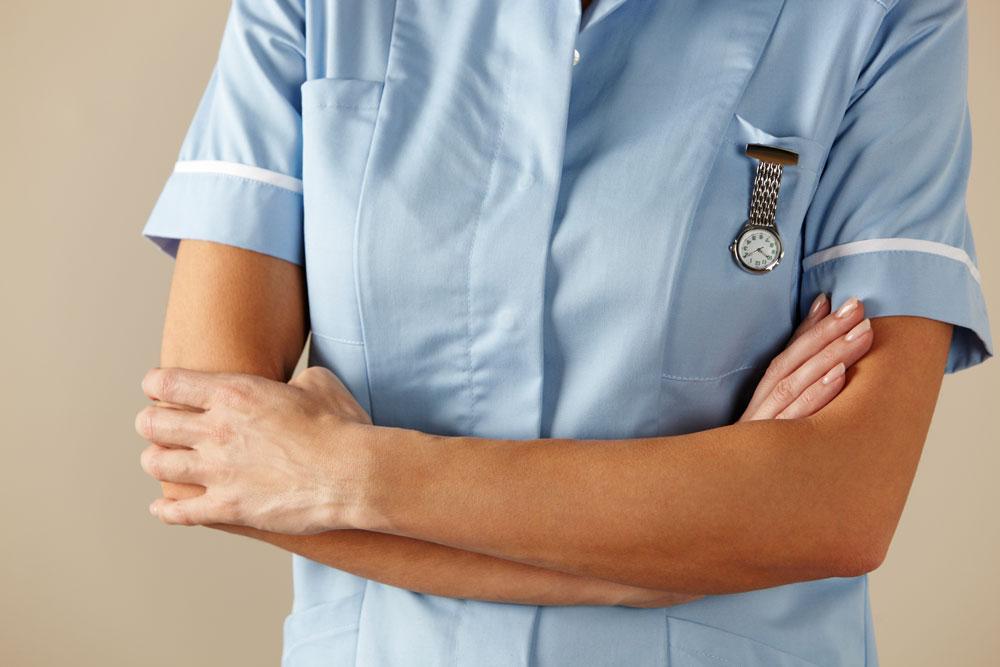A new NHS Cadets partnership, run by St John Ambulance, will provide teenagers with first aid training and volunteering opportunities in the NHS
St John Ambulance has been providing opportunities for young people to gain skills and knowledge of first aid for over 100 years. Now, a joint initiative with the NHS is set to give thousands of 14–18-year-olds from under-represented backgrounds a route into volunteering and potentially help them to consider and pursue health service careers.
The £6 million programme is funded jointly by NHS England and NHS Improvement and St John Ambulance with the aim of giving real opportunities to those who may not have considered a career or volunteering within the health service.
Martin Houghton-Brown, St John CEO, said: “St John Ambulance is already well known for developing the first aid skills of young people and we recognise just how much they thrive from being able to put their learning into action. This new partnership hopes to extend those opportunities to teenagers in under-represented communities, or those who might not usually consider being a valuable part of a uniformed organisation.”
The NHS Cadets programme
The NHS Cadets programme models itself on other cadet set-ups such as the police and military cadets. St John has always supported young people in communities through its existing Cadet and Badger schemes since 1922 and now has a network of 11,000 young volunteers across the country.
NHS Cadets differs in that it is aimed at providing teenagers with first aid training, courses to develop their leadership skills, and, significantly, volunteering opportunities in the NHS and direct experience of working in a hospital carrying out tasks such as supporting patients to set up Facetime calls to loved ones, handing out meals, helping visitors find the correct ward, and being a reassuring presence for patients who are lonely or anxious.
Specifically, the programme is seeking to recruit teenagers from minority ethnic background communities, young people not in employment, education or training, members of the LGBTQIA+ community and others who may not have previously considered volunteering or a career in the NHS. Initially piloted across Colchester, Hull, London, Liverpool, Bradford, Hertfordshire and Wirral, the programme has now gone national, and it is hoped that the initiative will have similar success to the Army Cadets which has directly contributed to thousands of young people pursuing careers in the military.
Discussing the pilot scheme, Martin explains: “We began in areas where there are already close working links in place between St John Ambulance and the partner NHS Trusts who already had strong volunteering initiatives looking to expand to involve more young people. From September 2021, anyone from our under-represented communities can apply to join the scheme, with each cohort being in the programme for 11 months. During this time, they’ll get comprehensive first aid training, develop leadership skills and build relationships.”
NHS Cadets is split into two pathways. The Foundation Pathway aims to develop young people’s transferable skills in areas such as compassionate leadership, effective communication and collaborative teamwork. Designed for 14–16-year-olds, it works to build confidence and broaden horizons while showing young people how they could potentially volunteer or work in healthcare in the future. The Advanced Pathway, geared towards 16–18-year-olds delves deeper into healthcare and what it means to care for individuals and support communities. Cadets will develop clinical awareness while considering their own personal resilience and the next steps needed to progress on their pathways into healthcare.
Encouraging social action
Decades of research have shown that when people are chronically treated differently, unfairly or badly, it can produce negative effects on an individual’s mental health. Whether it’s related to ethnicity, sexual orientation or beliefs, feeling undervalued and uncertain about the future directly impacts mental health, from low self-esteem to a higher risk of developing stress-related disorders such as anxiety and depression. Conversely, volunteering has proven to help people make friends, learn new skills, advance their careers and promote feelings of health and happiness. So, while volunteering offers vital help to people in need, worthwhile causes and the community, the benefits can be even greater for the volunteer.
One young person on the Foundation Pathway who experiences mental ill health and learning difficulties joined this year and explained: “I joined the NHS Cadets because I want to be a paramedic and gain more experience in the NHS and healthcare. I have learned a lot and got some good experience. It has also helped to take my mind off my own mental health. It’s like a distraction – but it’s a good distraction.”
It is hoped that St John Ambulance’s partnership with the NHS will create a new generation of young people motivated to learn more about health volunteering and social action. Martin added: “The unique hands-on experience that being a cadet provides will undoubtedly lead to many future healthcare professionals emerging. We are keen to be focusing on young people to whom this may otherwise be unavailable, trusting them to care for others alongside NHS professionals.”
If ever the NHS has understood the importance of its volunteers, it has been in the past 18 months as the Covid-19 pandemic stretched the service to its limit.
Chief Nursing Officer for England Ruth May said: “The past 19 months have been a challenging time for the NHS and its staff who have cared for hundreds of thousands of people with Covid-19 who needed specialist treatment and countless more besides and delivering the lifesaving Covid vaccination programme. However, this would not have been possible without the help and support of countless individuals including volunteers who are already making an enormous contribution. Volunteers could and should never replace nurses, doctors and other staff, but since the NHS’s foundation on July 5, 1948, they have played a fantastic role in supporting clinicians and assisting patients and this initiative sits firmly in that tradition. By introducing an NHS cadets programme, we are now offering young people a genuine opportunity to get a taste of what it’s like to work in the best health service in the world.”
17-year-old Faleeha Arobi hopes to one day work in the NHS and took a cadet place on the Bradford programme in the hope of gaining some useful skills and experience. “We have already learned a lot of transferable skills like leadership, empathy and communication which have all been really useful to me as well as learning valuable first aid and about different illnesses. Even if you don’t want a career in health care, the skills are universal. Knowing that there are around 300 various roles in the NHS that we could apply for, gives us so many options we may not have even known existed beforehand.”
Former St John Ambulance Cadet of the Year, Mary Oshinyemi, began volunteering with St John over three years ago and was involved with developing the new NHS Cadets programme. She said: “Volunteering uniquely brings people of all ages together, uniting them with the hope of improving other people’s quality of life. This comes with the added bonus of providing the volunteer with the scope of personal development and, it is extremely important for young people to view volunteering as an important way to connect with others from all walks of life.”





